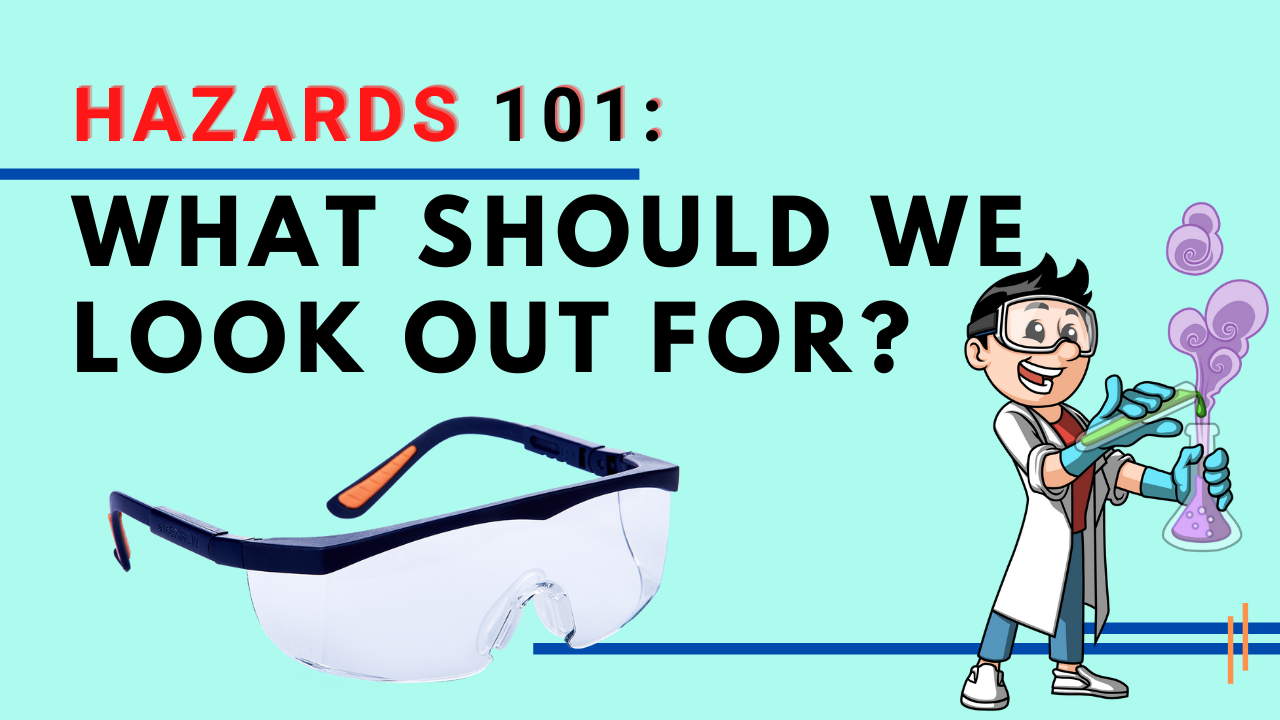
Hazards 101: What Should We Look Out For?
- August 20, 2020
- Posted By worksafe_admin
Every kind of job has its own unique skill requirements, challenges and rewards. However, any job may also contain danger to our eyes. Read on to find out which risks you might be facing at your workplace!
Construction/Manufacturing
There are many physical threats to our eyes because there are many physical things involved in these sectors!
From stray dust and sand particles that may lodge themselves in our eyes, to heavy machinery and blades that product deep traumatic cuts, there are a myriad of ways where something could go wrong.
Also, workers in industries engaged with welding face danger from sparks. The light and heat given off by a welder can easily damage our eyes if we do not take precautions.
In these industries, we recommend heavy duty goggles that can be worn with helmets. This provides maximum impact protection for a person’s whole face.
Healthcare/Research
When you’re in the business of science and saving lives, you’re going to be dealing with a lot of chemicals. And these chemicals don’t play nice with our fragile human eyeballs. Furthermore, bloodborne pathogens are a risk, especially in the healthcare sector.
A stray splash could disable our eyes beyond the point of recovery if we aren’t careful! Furthermore, healthcare workers may need to spend long periods of time on the computer, which can cause strain and affect mental well-being.
Goggles with high chemical resistance and anti-fog coatings would help prevent against splashes, while eyewear with a blue light filter guards against bright digital lights.
Office Work
With computers supplanting paper as the writing tool of choice, deskbound workers face bright screens for hours on end. These bright screens can cause headaches, dry eyes and affect sleep patterns, throwing a wrench in productivity. Plano or prescription eyewear with a blue lens filter is our best defense.
How can we recognise serious eye injury?
First off: do not treat serious eye injuries by yourself. Doing so may worsen the situation. If you notice any of these signs on yourself or someone else, seek medical help immediately.
- The person has trouble seeing
- The person is in obvious pain
- The person’s eyelid is cut or torn
- One of the person’s eyes are mismatched (sticks out, cannot move as well)
- The person’s pupil has an unusual size or shape
- There is visible blood in the clear part of the eye
- There is something in the eye or under the eyelid that isn’t easily removed.
Make sure proper protocol exists for responding swiftly to eye injuries! Every second does count when it comes to preserving a person’s vision. Stick closely to the protocol and remember it well, because the life it saves might very well be your own.







